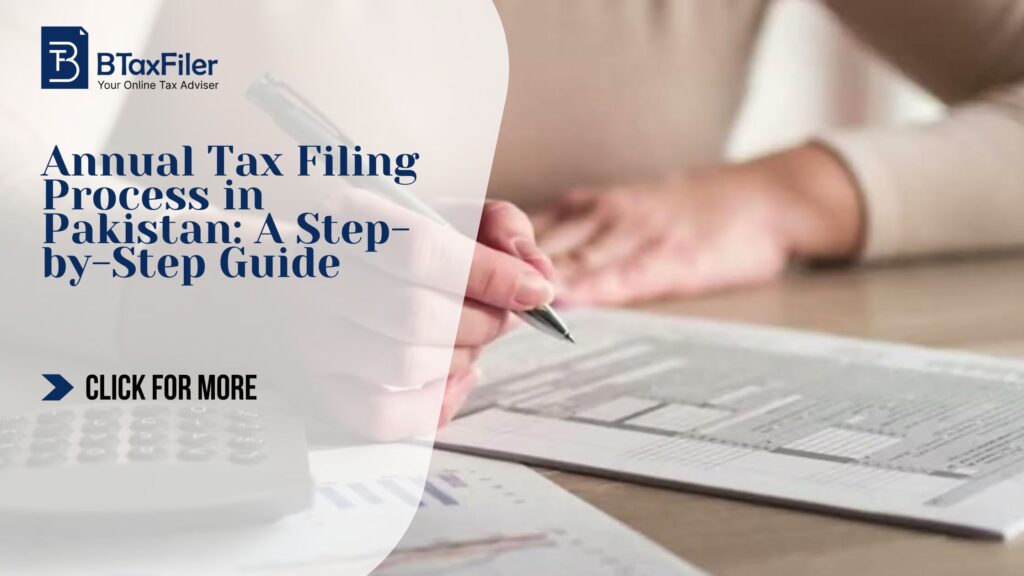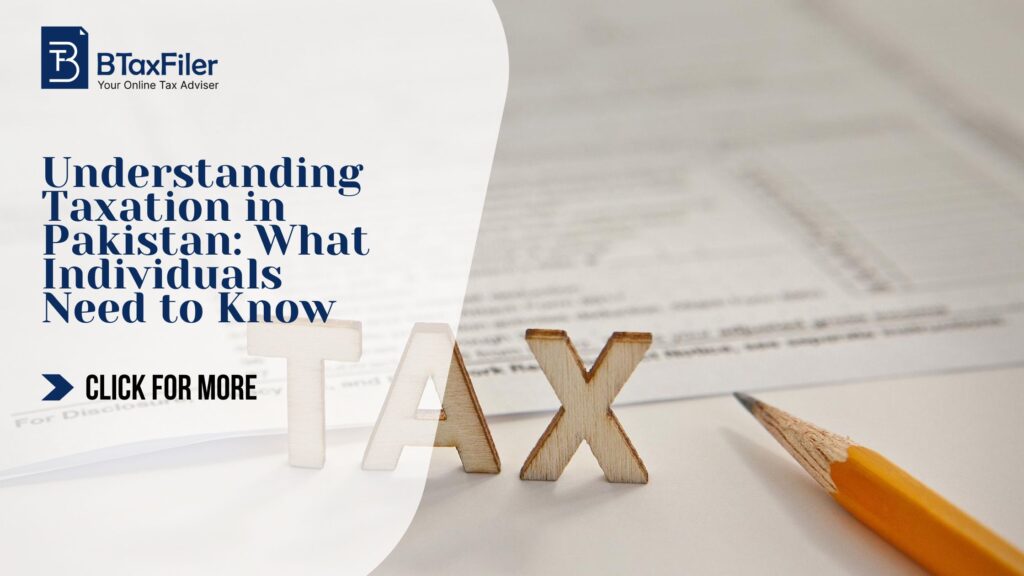Finding the right tax consultant in Pakistan can be a game-changer for both individuals and businesses. With their specialized knowledge of tax laws and regulations, a qualified tax consultant helps reduce tax liabilities, ensure compliance, and optimize finances. However, selecting the right one requires some research and understanding of key qualities and qualifications. This guide outlines the essential steps to help you find the best tax consultant in Pakistan.
Understand Your Tax Needs
Before you start searching, clarify your specific tax needs. Are you looking for help with personal tax filing, corporate tax compliance, or long-term tax planning? Different tax consultants specialize in different areas, so identifying your needs will help you find someone with the relevant expertise.
Example Needs:
- Individual: Help with annual tax filing and optimization of deductions.
- Small Business: Assistance with corporate tax filing and managing tax compliance.
- High-Income Individual: Strategic tax planning for investments and wealth preservation.
Read more, click here to know about the Top 5 Benefits of Hiring a Tax Consultant in Pakistan
Look for Qualified and Certified Professionals
In Pakistan, qualified tax consultants often hold certifications such as Chartered Accountant (CA) or Certified Public Accountant (CPA). These certifications indicate that the consultant has undergone rigorous training and adheres to professional standards. Additionally, a consultant with memberships in professional bodies like the Institute of Chartered Accountants of Pakistan (ICAP) or the Pakistan Tax Bar Association is more likely to be reputable and well-informed on current tax laws.
Checklist for Qualifications:
- Relevant certifications (e.g., CA, CPA).
- Membership in recognized tax and accounting organizations.
- Continuing education to stay updated on tax law changes.
Seek Recommendations and Read Reviews
One of the most reliable ways to find a trustworthy tax consultant is through recommendations from friends, family, or business associates who have used similar services. Online reviews and testimonials are also helpful in assessing a consultant’s reliability, professionalism, and customer satisfaction. Look for consultants with positive feedback on timeliness, communication, and effectiveness.
Where to Find Recommendations:
- Personal Network: Family, friends, and business colleagues.
- Professional Platforms: LinkedIn or local business directories.
- Online Reviews: Business listing websites and forums specific to Pakistan.
Evaluate Experience and Area of Specialization
Experience is a key factor in tax consulting. An experienced consultant will be familiar with Pakistan’s tax system, including its complexities and frequent regulatory changes. Additionally, many consultants specialize in particular areas, such as individual tax planning, corporate tax, or international taxation. Choosing a consultant with expertise aligned to your needs will help you get better results.
Examples of Specializations:
- Corporate Tax: Consultants specializing in tax compliance for businesses.
- Individual Tax Planning: For individuals seeking to optimize personal taxes.
- Audit Support: If you’re facing a potential audit and need representation.
Compare Fees and Pricing Structures
Tax consultancy fees in Pakistan can vary widely based on the scope of services and the consultant’s experience. Some consultants charge a flat fee, while others may have hourly rates or retainers for ongoing services. Make sure to ask about the fee structure upfront and compare it with other consultants to ensure it aligns with your budget and needs.
Types of Fee Structures:
- Flat Fee: Common for standard tax filing services.
- Hourly Rate: May apply to complex cases or consultations.
- Retainer: For ongoing advisory services, usually for businesses.
Conduct an Interview and Ask Key Questions
Once you’ve shortlisted a few consultants, arrange a meeting to discuss your needs. Use this opportunity to gauge their communication style, understanding of tax law, and ability to provide tailored advice. Asking key questions will also give you insight into their approach to tax planning and problem-solving.
Suggested Interview Questions:
- What is your experience with clients similar to me?
- How do you stay updated on Pakistan’s changing tax laws?
- Can you provide examples of tax-saving strategies you’ve implemented?
- How do you handle client confidentiality and data security?
Read more, click here to know about the difference between Tax Consultant vs. Accountant in Pakistan
Assess Their Communication Skills and Availability
Effective communication is essential in tax consulting. Choose a consultant who is not only knowledgeable but also responsive and clear in explaining complex tax issues. Additionally, consider their availability—especially if you require ongoing services. A consultant who is responsive and available when needed will be much more effective in managing your taxes.
Signs of Good Communication:
- Prompt responses to emails or calls.
- Ability to explain tax concepts in simple terms.
- Transparency in outlining processes and timelines.
Verify Their Record for Client Satisfaction and Ethical Standards
Before making a final decision, check the consultant’s track record for client satisfaction and ethical standards. A good tax consultant will have a reputation for integrity and professionalism. Avoid consultants who have a history of client complaints or who make promises that seem too good to be true, as unethical practices can lead to legal complications and penalties.
How to Verify:
- Ask for client references to discuss their experience with the consultant.
- Check if the consultant has any disciplinary actions or complaints filed with regulatory bodies.
Conclusion
Finding the right tax consultant in Pakistan is crucial for effective tax management, financial planning, and compliance. By defining your needs, verifying qualifications, reading reviews, and conducting interviews, you can make an informed choice. A skilled and trustworthy tax consultant will be invaluable in helping you navigate Pakistan’s tax system, reduce liabilities, and achieve your financial goals.







